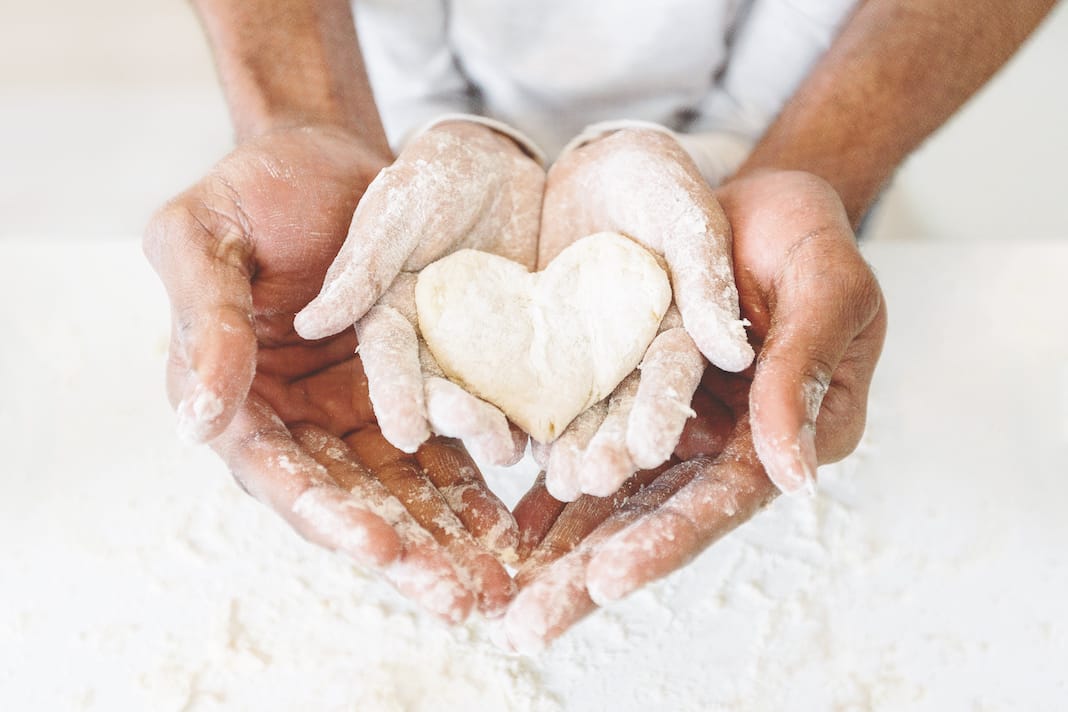With the ramifications of Everyone’s Invited and #MeToo still playing out, how do we help children navigate the minefield of sex, love and consent? Mental health trainer, parent and former teacher Clare Davis gives her advice
What do we need to do better to protect girls and boys?
Start communicating with children from a young age. I spoke with several sexual abuse survivors as part of our Mental Health Chats series on podcast and YouTube and they shared their thoughts on this matter. One of them, Nina Malone, who was sexually abused by older children from the age of six, talked about the importance of language and helping children to express themselves. Nina advises adults to use the correct words with children, rather than euphemisms.
We should speak openly with children about body parts, particularly those which should be private, and speak about consent in an age-appropriate way.
How, where and when do we talk about sex and relationships?
Talk about it as much as possible. Lead by example and show your children what a loving relationship is. Let them know that sex is about developing a relationship through love, not about abusing and forcing yourself onto someone.
One place I talk to my children is in the car, where I find they have my full attention. Pick the time and the place. Help them realise what love is. It’s helpful if schools reinforce themes around love and relationships, including this in tutor time and assemblies.
“It’s so easy to find sites where girls and women are treated very badly – and video games which allow players to indulge in violent sex acts”
How do we discuss consent?
We let children know that no one has the right to touch them, anywhere, without their consent. They shouldn’t have to hug people they don’t want to or do things which make them physically uncomfortable. As teachers and educators, we need to encourage children from a young age to trust their instincts and not simply do things out of politeness. Nina Malone described how she was a victim of multiple assaults and believes it was partly because she did not trust her own judgement and did not want to make a scene.
Boys and girls are taught about consent in schools, but not necessarily on how to apply it. Boys, in particular, may think persistence – sometimes to the point of coercion – is acceptable. It’s important to learn about respect and kindness – knowing that taking advantage of someone because they are drunk, afraid or somehow vulnerable – is not right. We also need to teach young people that a split-second decision and momentary fun can have serious consequences, from a lifetime of regret to a criminal charge.

Are parents under-informed about children’s early access to and use of porn?
My eyes were opened when I attended a talk at my children’s secondary school. The world of technology has moved so much, many parents may not be aware of all the changes which have taken place. It’s not like buying pornographic magazines from the top shelf – it’s so much easier to fake your age online and find sites where girls and women are treated very badly.
There are also video games which allow players to indulge in gratuitous and violent sex acts. This may lead some children to think this is normal, acceptable behaviour. It is an issue that we are discussing more and more on the Mental Health Chats series. There is a lack of regulation on many platforms and when it comes to exposure to graphic material, young people find they can’t ‘get away from it.’
How do we discuss sexual abuse?
Children may be at greater risk today as they can be groomed online. But wherever it happens, a big theme that came out of our Mental Health Chats was young people’s fear of speaking out. One interviewee, Derek Bell, who was sexually abused by his coach during the 1970s, kept the abuse secret for decades. But he waived his right to anonymity in 2016. His abuser, George Ormond, was jailed for 20 years after being found guilty of a string of sexual assaults on young boys over a 25-year period.
It is secrecy that allows abuse to continue. For this reason, it’s vital to create an environment of openness where children feel able to speak out. As both Derek and Nina pointed out in our interviews, perpetrators can be quite charming. We must teach young people the signs to look out for – from someone using their position to get you to do something you do not want to do to excessive gift giving.
On a personal note, I wish I’d spoken about sex and consent with my own children when they were much younger, including possible ways to respond in difficult circumstances. It’s time we opened up these conversations with our children.
* To access Clare Davis’ mental health chats, visit mentalhealthchats.co.uk
Further reading: Dr Daniel Glorioso on the value of mentoring in anxious times
You may also like...

























